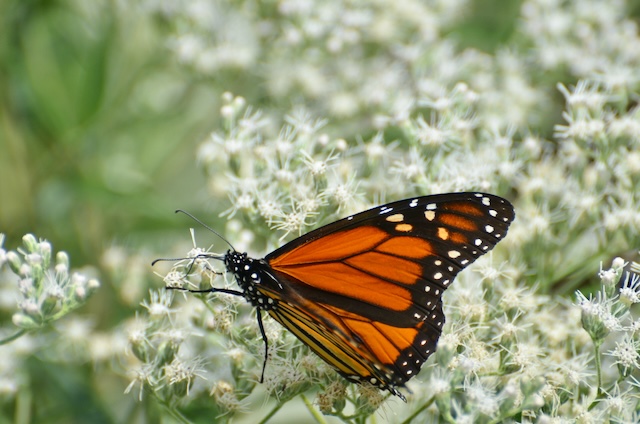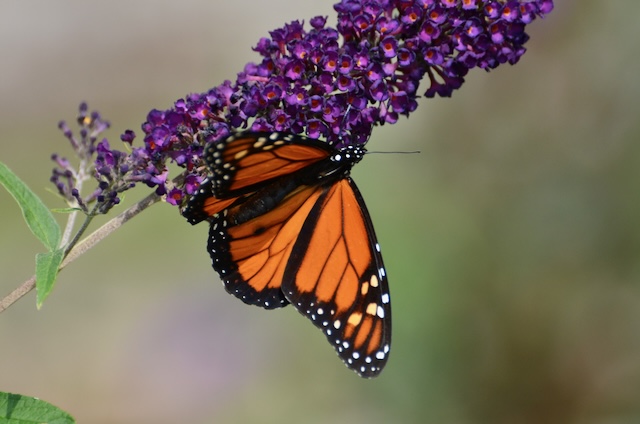Time for Ripple’s Christmas read, an annual post I name Reading the Season.
In the Pulitzer winning book Gilead (2004), Marilynne Robinson introduced us to the aging Rev. John Ames in the fictional Iowa town Gilead set in the 1950’s. The book is a letter Ames writes to his seven-year-old son, leaving him with a legacy of family memories, love and forgiveness.
In Home (2008), we enter the house of Ames’ lifelong friend, Rev. Robert Boughton, and meet her daughter Glory. For an ephemeral moment, his son Jack––Ames’ godson––the black sheep of the family appears. Jack returns home after twenty years of self-exile, looking for solace but sadly leaves again without reconciliation.
Lila (2014) is the story about Ames and his young wife Lila, who is homeless and aimless when the old Rev. first finds her on a country road. A beautiful story of how love bridges the great chasm between two utterly incompatible beings and leads to a magical union.
________
Marilynne Robinson’s newest book Jack (2020) is the fourth and last of the Gilead novels. It brings us back to the prodigal son in Boughton’s family, Jack, but this time, describing a sweet romance, albeit pointing to a challenging future. In terms of the time setting, Jack is a prequel to Gilead and Home. So we know how life unfolds for him. But for a moment, we dwell in some pleasant thoughts. The novel is like a reversal of Lila; here, Jack is the stray redeemed by Grace.
Nothing short of divine providence, Jack Boughton first meets Della Miles on the street, helping her in the rain to pick up papers blown by the wind. Della is a schoolteacher of literature, lover of poetry, witty, intelligent, and fearlessly independent. But, as fate would have it, she is a Black woman in segregated St. Louis during the 1950’s. Herein lies a precarious yet beautiful love story.
Jack and Della meet again one night in a cemetery serendipitously. Jack is destitute, just released after spending two years in prison, albeit for a theft he did not commit outside a pawn shop. Surely, justice isn’t on his side. Jack often gets roughed up or taunted, sometimes for no good reasons, but deep inside, he knows he’s not an innocent man. He’s destructive to others and himself, sometimes steals, and tries hard to remain sober. As mentioned in Home, years ago while still living at home in Gilead, Jack gets a girl pregnant, then just leaves town and disappears. The death of the baby later only adds to more burden and regrets.
Yet in Jack, Robinson’s depiction of the wayward protagonist is not without humour. Take this as an example:
Jack went out walking, trying to get tired enough to sleep, staying sober, so that if he did jump into the river, he could feel his demise has the dignity of considered choice.
Della has no reason to fall in love with Jack, the punishment for miscegenation is jail and being ostracized from her own family and both racial communities. The Miles are a reputable African American family of strong traditions and deep religious roots, the father being a Bishop in the Methodist denomination. No doubt Della is young and not tuned to the laws of a racist society that rewards the conformist and punishes the deviant. Yet, it is her internal light that leads her to defy unjust norms, look through Jack’s outward appearance to cherish his soul.
Della is Grace personified. The concept of ‘unmerited kindness’ is ubiquitous in the book, and Jack knows and is grateful to be the recipient of such. Receiving kindness might just be an understatement. He is redeemed and given a new life upon meeting Della.
Saying grace over pancakes in Della’s home after the cemetery meet, Jack recites spontaneously a verse from the poem “The Paradox” by African American poet Paul Dunbar (1872-1906) :
Down to the grave will I take thee,
Out from the noise of the strife;
Then shalt thou see me and know me––
Death, then, no longer, but life.
Indeed, the paradox of finding life among the dead is the pivotal moment in the book. They talk through the night as soulmates, treasuring the freeing experience inside the locked gate of a cemetery; for Jack, Della is like an epiphany, life in death.
Flannery O’Connor’s notion of the ‘intrusion of grace’ comes to mind as I read the book, light shining into darkness, even just a spark. Also emerged in my mental association is Dostoevsky’s Sonya, the Christlike figure that is a saving grace to Raskolnikov. Not that Jack is an axe murderer, but he knows too well that he needs to be rescued from himself.
Insight and wisdom come packaged in lightness of heart and humor, often embedded in the bantering between Della and Jack. And yet, they are lovers in limbo; while the subjective force of love prevails, there are uphill battles to be fought in the social and systemic front, and an arduous journey awaits. As the story timeframe takes place before Robinson’s Gilead and Home, we know how their lives turn out, which makes reading Jack such a bittersweet experience.
And here’s an imaginary scenario… if the love which surpasses all human barriers could be frozen in time, and let Grace have the last say, that would be heaven.
~ ~ ~ ~ Ripples
_________
2020 has been a most extraordinary year when we find and admit how fragile human beings are. We all need to be rescued not just from a physical virus but a spiritual one and be saved from ourselves. The Christmas Season is an appropriate time to ponder once again on that first crack of light, the epitome of the Intrusion of Grace.
Reading the Season Posts in Previous Years:
2019: ‘A Hidden Life’ by Terrence Malick: a film for the Season
2018: Madeleine L’Engle’s Poem The Irrational Season
2017: A Wrinkle In Time by Madeleine L’Engle
2016: Silence by Shusaku Endo
2015: The Book of Ruth
2014: Lila by Marilynne Robinson
2013: Poetry by Madeleine L’Engle
2012: Surprised by Joy by C. S. Lewis
2011: Walking on Water by Madeleine L’Engle
2010: A Widening Light, Luci Shaw
2009: The Irrational Season by Madeleine L’Engle
2008: The Bible and the New York Times by Fleming Rutledge
2008: A Grief Observed by C. S. Lewis
__________
Related Posts on The Intrusion of Grace:
Homage to Flannery O’Connor: Looking for Intrusions of Grace in Films
Diary of a Country Priest by Georges Bernanos
Diary of a Country Priest: Film Adaptation by Robert Bresson
Notes on the Synthesis of Film, Art… Life?












